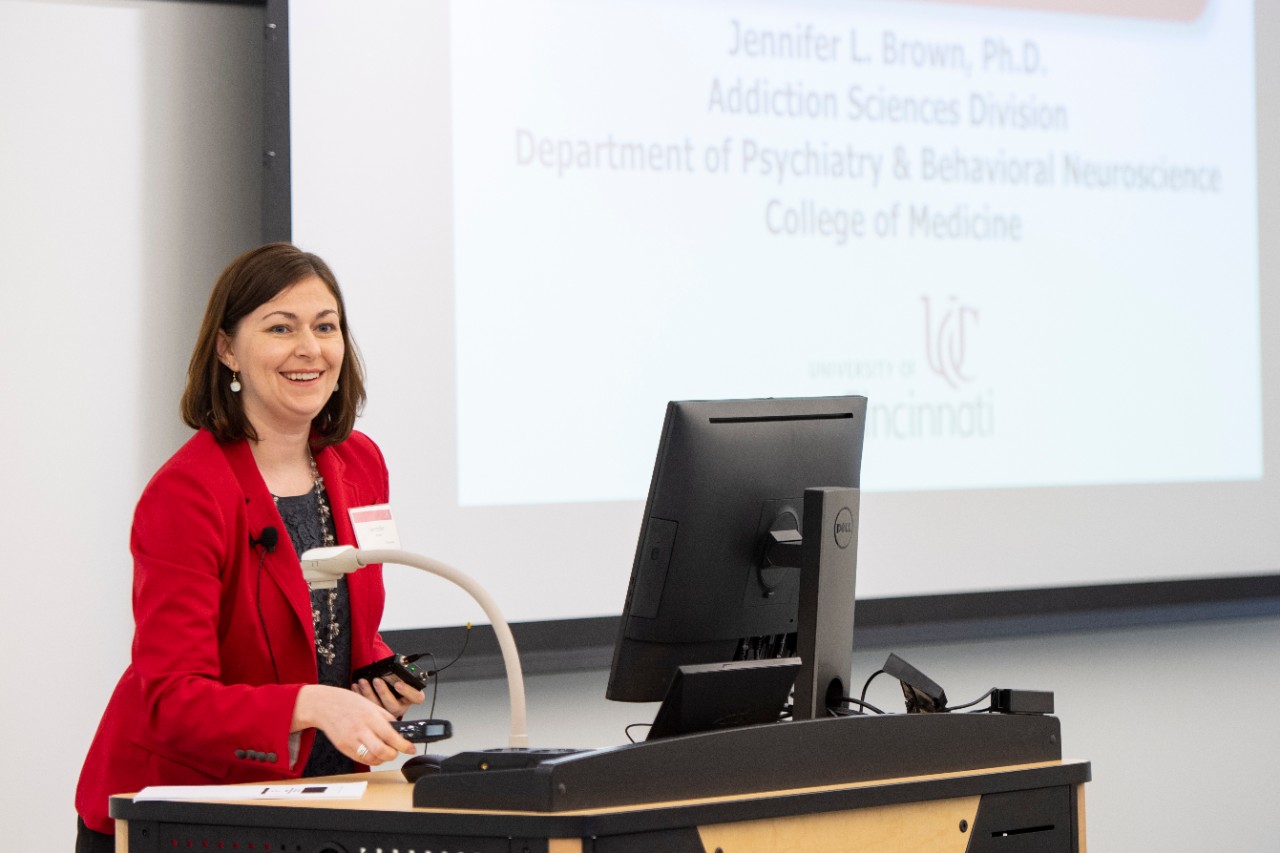
UC's $15 million to fight opioid deaths makes local headlines
A recap of media coverage following the HHS' HEALing Communities announcement
On Thursday, April 18, Health and Human Services (HHS) Secretary Alex Azar announced the launch of the HEALing Communities Study to help reverse our nation’s opioid crisis. Four states – Ohio, Kentucky, Massachusetts and New York, will receive over $350 million to support a multi-year study with the goal to cut opioid overdose deaths by 40% in three years. The announcement made news across Ohio and the region.
Funded by the National Institute on Drug Abuse (NIDA), part of the National Institutes of Health (NIH), University of Cincinnati and Ohio State University will co-lead a $65.9 million effort across Ohio that will also partner with Recovery Ohio and Case Western Reserve University as well as additional universities and community organizations in 19 counties across Ohio. UC will be awarded $15.1 million over four years. Read the full story here.
HEALing Communities Award in the news:
WLW-700 AM(interview at 69:25 minute mark.)
Featured image at top: Jennifer Brown, PhD, presents at the UC / UC Health Opioid Symposium. Photo by Colleen Kelley/AHC Communication Services.
Related Stories
Before the medals: The science behind training for freezing mountain air
February 19, 2026
From freezing temperatures to thin mountain air, University of Cincinnati exercise physiologist Christopher Kotarsky, PhD, explained how cold and altitude impact Olympic performance in a recent WLWT-TV/Ch. 5 news report.
Blood Cancer Healing Center realizes vision of comprehensive care
February 19, 2026
With the opening of research laboratories and the UC Osher Wellness Suite and Learning Kitchen, the University of Cincinnati Cancer Center’s Blood Cancer Healing Center has brought its full mission to life as a comprehensive blood cancer hub.
Nursing innovation emerges as critical lever in healthcare transformation
February 18, 2026
Recognizing both the urgency and the opportunity, the University of Cincinnati (UC) College of Nursing is taking deliberate steps to position nurses at the forefront of healthcare transformation. It has created an Innovation Strategic Plan and established a dedicated Industry Advisory Board to forge the academic-industry partnerships essential to accelerating nurse-driven innovation.
